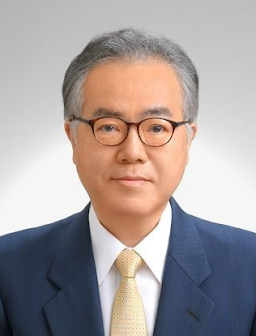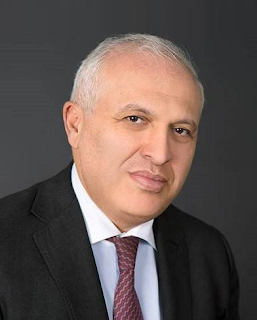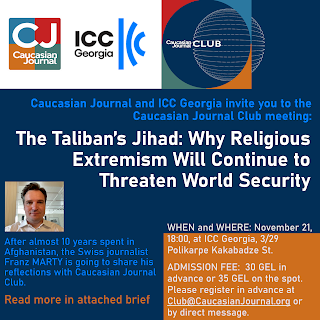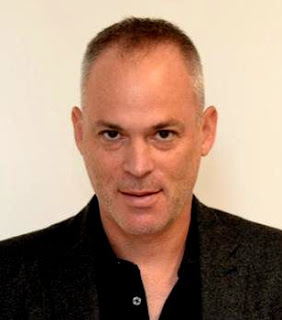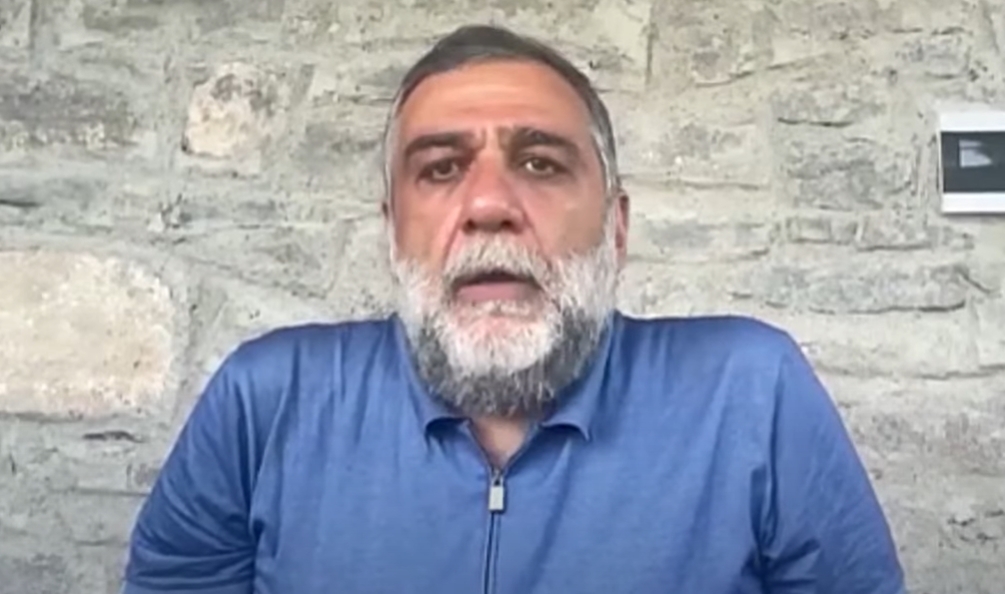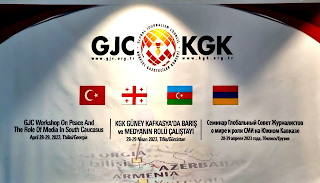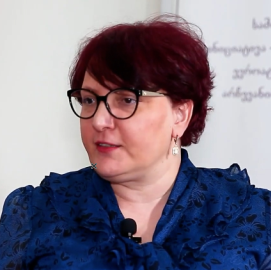21.12.2023 (Caucasian Journal) It is a special honour today for Caucasian Journal to welcome His Excellency ISHIZUKA Hideki, the newly appointed Ambassador of Japan to Georgia. His ambassadorial term in Tbilisi started last June.
▶ ქართულად: Read the Georgian version here.
Alexander KAFFKA, editor-in-chief of CJ: Your Excellency, welcome to Caucasian Journal. Your service in Georgia had started in summer, so you must have got already some local experience. Can you name three impressions in Georgia, which you did not expect, and which have surprised you?
ISHIZUKA Hideki: My first impression was the view from the airplane, just before I arrived at Tbilisi. I am deeply impressed by the breathtaking scenery of the white shining mountains of the Great Caucasian Range and the beautiful forests. But I was more impressed by the well cultivated crop field at the brink of deep gorge in the mountainous region. It shows the diligence of people of Georgia, and I feel sympathy because it is very similar to Japan’s “terraced paddy fields”.
My second impression was the Georgian hospitality, which many foreign people are fascinated by. Japanese people are also proud of their way of hospitality “omotenashi” to consider guest first with respect, but Georgian hospitality “Maspindzloba” is more proactive and generous with friendship. Georgian people are very friendly to guests with gentle smiles. I found in many cases people are polite to each other (except for traffic jam…) and I often hear “Ki Batono!” in their conversations. This kind of politeness is also very comfortable to Japanese people, as we have the same culture.



